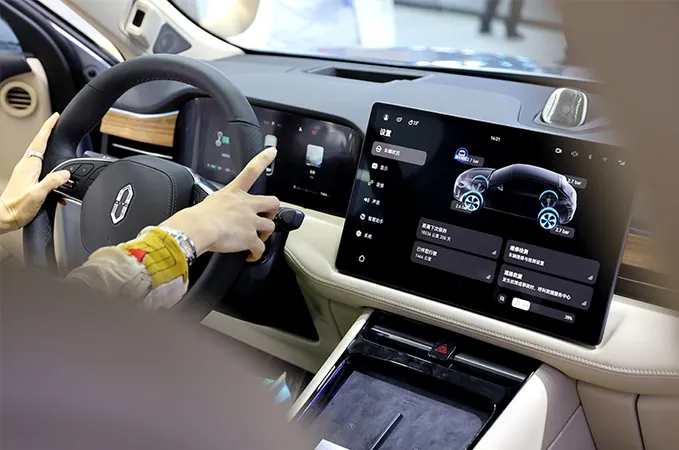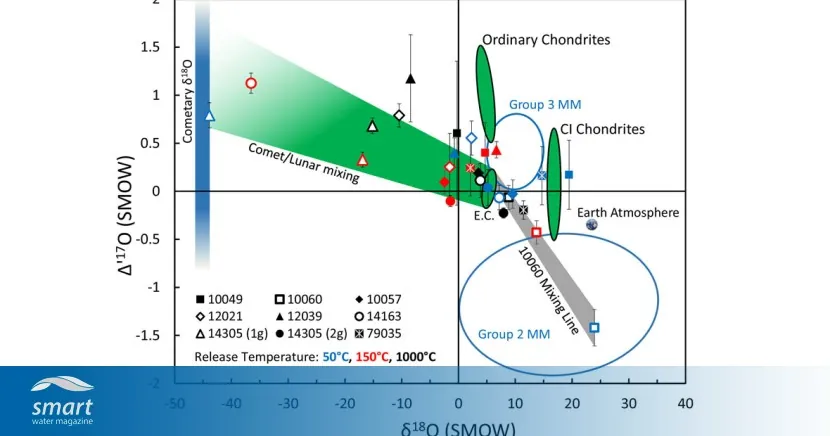
Chinese Carmakers Urged to Embrace Domestic Operating Systems for a Smarter Future
2024-12-23
Author: Sarah
Introduction
Chinese intelligent vehicle manufacturers are encouraged to hasten the integration of homegrown operating systems (OS) in their new car models, as emphasized by Zhang Yongwei, secretary-general of the China EV100. Speaking at a recent smart vehicle technology conference on December 20, he warned that automakers risk repeating the mistakes made by smartphone manufacturers in their OS strategies, which could lead to significant switching costs and risks in the future.
The Importance of Vehicle Operating Systems
Zhang highlighted the pivotal role of vehicle operating systems, asserting that they are not only crucial for managing information but also for controlling numerous vehicle functionalities. Currently, the adoption rate of domestically developed OS in vehicles sits shockingly low at below 10 percent, signaling a critical gap in innovation.
Ecosystem for Advancement
He asserted that an ecosystem of openness, collaboration, and focus would be essential for the advancement of vehicle intelligence. “The companies that foster a more open ecosystem will lead in innovation and experience expedited technological advancements,” Zhang said. In contrast, he cautioned against adopting closed systems, which could stifle development and innovation in the automotive intelligence sector.
Shift in Focus with EV Market Growth
As the electric vehicle (EV) market burgeoned, the industry's focus was largely on battery production. With the advent of the intelligent era, the significance of chips has surged as they become integral components of modern vehicles. To mitigate potential disruptions from overseas chip supplies, he suggested that Chinese car manufacturers should increase reliance on domestically produced chips, particularly those with established production technologies.
Penetration of Intelligent Systems vs. EVs
Remarkably, the progression of automotive intelligence has outpaced electrification in China, with intelligent system penetration exceeding 50%, while the share of EVs remains below 50%. This is indicative of a potential shift in consumer expectations, as evidenced by a recent survey conducted by Continental. Ninety percent of respondents indicated that they view autonomous driving as a beneficial advancement, and 82% expect it to become a routine aspect of driving within the next five years. Furthermore, the survey revealed that 89% of consumers consider artificial intelligence features in vehicles to be of utmost importance, signaling a growing belief that cars are evolving beyond mere transportation, encompassing leisure, entertainment, and work functionalities.
Conclusion
As China positions itself as a leader in the global automobile landscape, the race to innovate through homegrown technologies is on, and the call to action for domestic OS integration is more urgent than ever. Will Chinese automakers heed this advice and avoid the pitfalls of the past? Only time will tell!




 Brasil (PT)
Brasil (PT)
 Canada (EN)
Canada (EN)
 Chile (ES)
Chile (ES)
 España (ES)
España (ES)
 France (FR)
France (FR)
 Hong Kong (EN)
Hong Kong (EN)
 Italia (IT)
Italia (IT)
 日本 (JA)
日本 (JA)
 Magyarország (HU)
Magyarország (HU)
 Norge (NO)
Norge (NO)
 Polska (PL)
Polska (PL)
 Schweiz (DE)
Schweiz (DE)
 Singapore (EN)
Singapore (EN)
 Sverige (SV)
Sverige (SV)
 Suomi (FI)
Suomi (FI)
 Türkiye (TR)
Türkiye (TR)